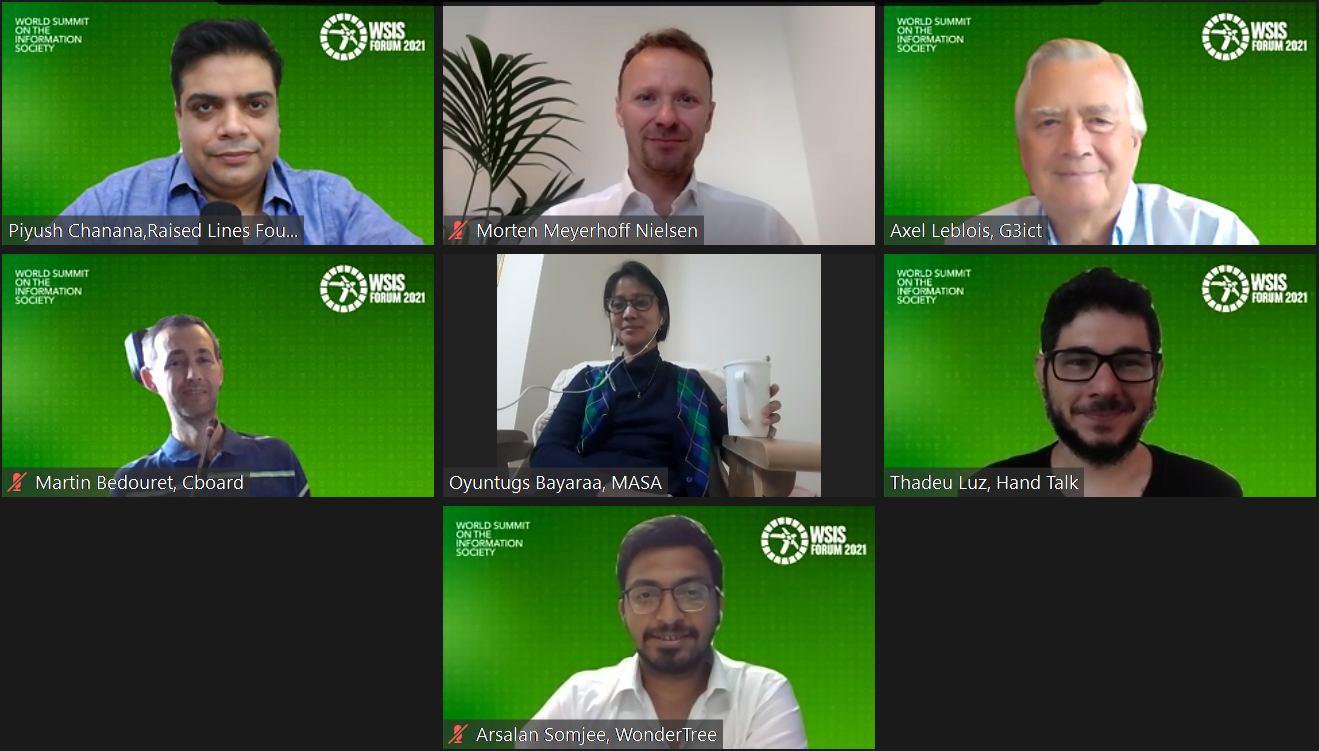ICTs and Accessibility for Persons with Disabilities and Specific Needs
WSIS
Session 132
This session looks at the need to promote the accessibility profession, the impact of assistive technologies, the importance of making information accessible to persons with disabilities and specific needs, the use of artificial intelligence in automatic translation into sign language, the role of gamification in the development of children with special needs.
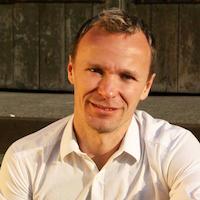
Morten Meyerhoff Nielsen is an EGOV Adviser at the United Nations University - EGOV, an international think tank working with the digital transformation of the public sector.
He is responsible for digital transformation projects on performance management, strategy, and capacity development Georgia, Uganda, and Saudi Arabia. He leads projects with UNICEF and the Digital Future Society on the impact of the digital transformation of service delivery on both marginalized communities, children, and women.
Morten regularly run executive training on digital transformation of the public sector and is a guest lecturer at several European universities.
Past employment includes the Danish Agency for Digitisation, Danish Technological Institute, European Institute of Public Administration, Centre for the Development of Enterprise; European Commission, and University of KwaZulu-Natal.
Morten is currently completing his ph.d. at Tallinn University of Technology. He is an author and co-author of various publications, a reviewer for various journals, on multiple conference committees, and a juror on several awards committees.
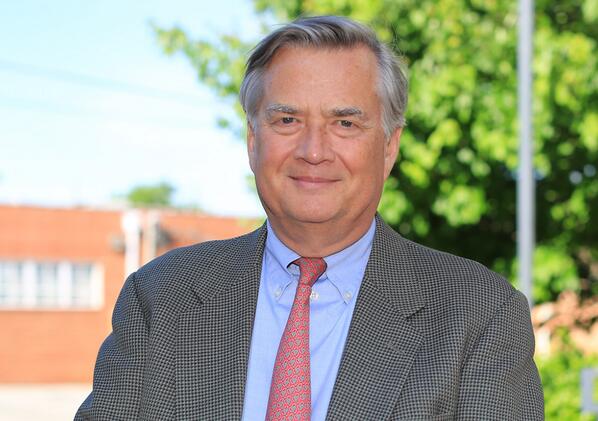
Axel Leblois spent over 20 years at the helm of information technology companies in the United States including as CEO of Computerworld Communications, CEO of IDC - International Data Corporation, Vice-Chairman of IDG - International Data Group, President of Bull HN Worldwide Information Systems - formerly Honeywell Information Systems, CEO of ExecuTrain and President of W2i, the Wireless Internet Institute. Axel Leblois served as a Senior Special Fellow of UNITAR, the United Nations Institute for Training and Research, and is a founding trustee of its North American affiliate CIFAL Atlanta. He currently serves on the Board of Directors of USICD, U.S. International Council on Disabilities, and GAATES, Global Alliance on Accessible Technologies and Environments. In addition, he serves on the Advisory Board of Mada, Qatar Assistive Technology Center, and on the Scientific Advisory Board of Cloud4all. He is an adjunct professor at OCAD University/Inclusive Design Institute. He served as chairman of the board of the Atlanta International School and is chairman of the board of CASIE, the Center for the Advancement and Study of International Education. He is a frequent speaker at conferences and seminars on ICT accessibility for persons with disabilities organized for policy makers, civil society and the private sector to foster collaboration among multiple stakeholders. In his capacity, Mr. Leblois oversees all the publishing, capacity building and advocacy activities of G3ict. Mr. Leblois holds an MBA from INSEAD and is a graduate of Sciences Po Paris.
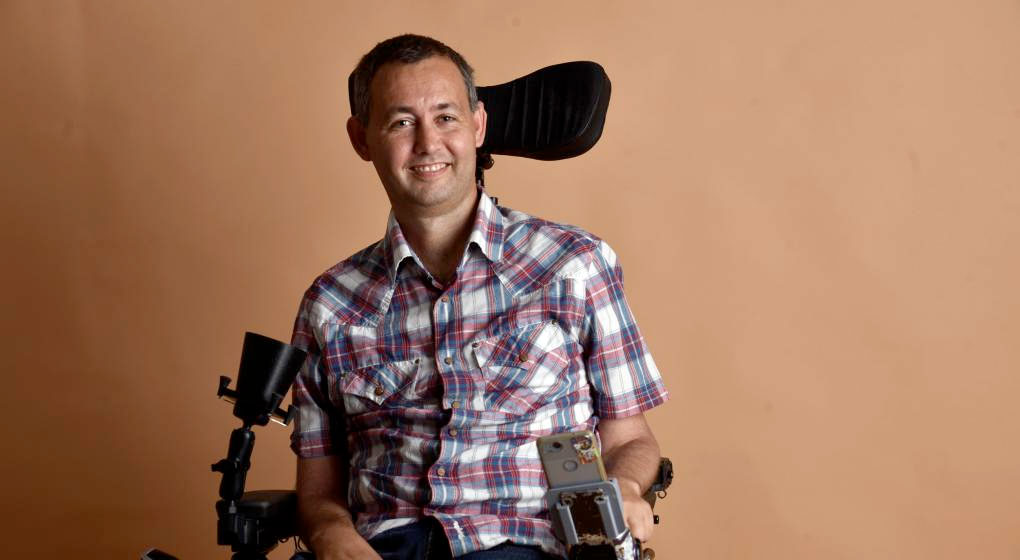
Martín Bedouret is an Electronic Engineer and works as a software developer and school teacher in Córdoba, Argentina. After being diagnosed with ALS in 2016, he began working on creating Cboard to provide a free and accessible AAC app for children and adults with speech and language impairments.
[3630]_.jpg)
Piyush Chanana has been an integral part of Assistive Technology Lab at Indian Institute of Technology (IIT) Delhi which focuses on development and dissemination on Assistive Technology Solutions for persons with visual impairment.
He held various research positions and played a central role in research, development and dissemination of multiple accessible assistive technology solutions since 2012.
He has been catalytic in creating new models and pathways of engagement with community, industry and dissemination of Assistive Technology.
He contributed significantly towards creation of an ecosystem, conducive for user driven research by bringing together researchers, industry partners, user organizations as well as users.
He has completed his PhD in Assistive Technologies from School of IT at IIT Delhi. He is a co-recipient of national award for the best applied research/ product aimed at improving the life of persons with visual disabilities. He is awarded with Neilom Prize for his work in the field of Assistive Technology, an international recognition for creating positive social impact using science and technology.
He is a co-founder of “Raised Lines Foundation”, which is not for profit start-up from Assistive Technologies Lab incubated at IIT Delhi. RLF focuses on making information (especially diagrams) accessible for persons with visual impairment.
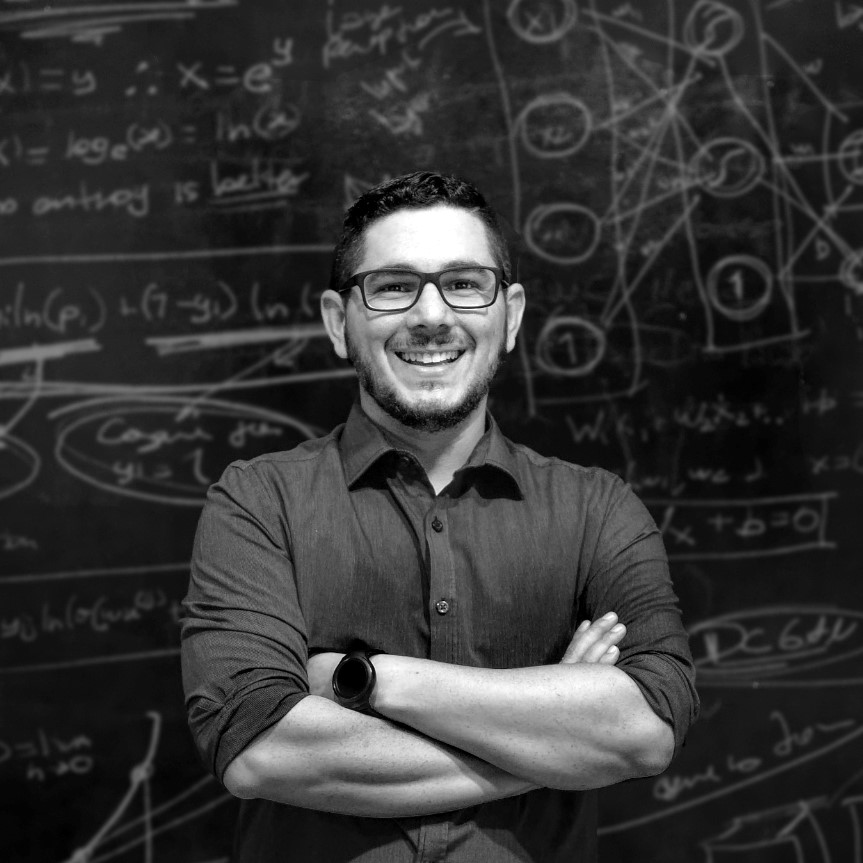
Thadeu Luz is a pragmatic and passionate developer, data scientist and entrepreneur based in Maceio-Brazil. He's Chief AI and Founder of Hand Talk, a Google Developer Expert and Mentor at Google for Startups Program. Loves to talk about Machine Learning, the challenges of scaling a startup up and how to make the world a nicer and more incluse place.
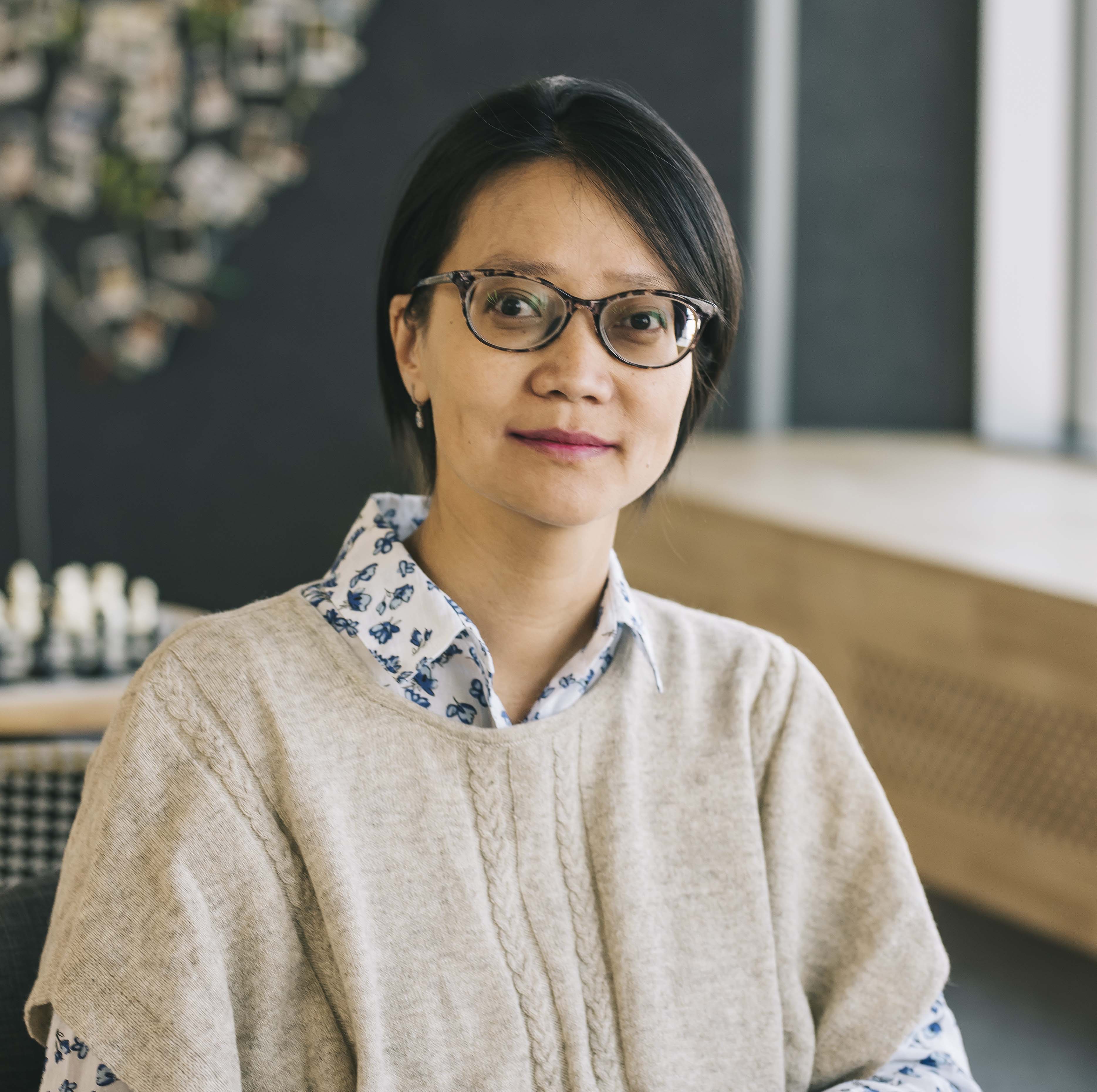
Ms. Oyuntugs (Oyut) Bayaraa is an English language Translator and Rehabilitation Counselor as graduated from Mongolian University of Science and Technology and the University of Arkansas, USA on Fulbright scholarship. Through her blindness, she has overcome many obstacles in educational and vocational settings. Currently, she is focusing on intensifying a newly established national umbrella council of disability organizations of Mongolia and her NGO Firefly House in relation to her ambitious goal to psychosocial rehabilitation model for people with psychiatric disabilities.
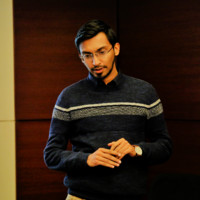
Arsalan Somjee is currently the Director of Product Strategy and Business Outreach at WonderTree. With a background in Psychology and Data Visualization, he is responsible for transformation of conventional therapies into gamified experiences for the end-user of WonderTree; he also delegates his time in forming meaningful strategic partnerships with core stakeholders in the ICT and PwD networks. Before WonderTree, Arsalan was working within the Organizational Development sector, providing services for various corporations for recruitment and appraisals based on psychometric tools.
He remains passionate about exploring new ideas which could make human lives easier by amalgamation of technology and human psychology; drafting new concepts for service design and digitizing education and health. He has also volunteered for various agencies to co-create curricula for marginalized and under privileged societies for education purposes.
-
 C3. Access to information and knowledge
C3. Access to information and knowledge
-
 C4. Capacity building
C4. Capacity building
-
 C6. Enabling environment
C6. Enabling environment
-
 C10. Ethical dimensions of the Information Society
C10. Ethical dimensions of the Information Society
The session is connect to WSIS Action Lines:
· C3. Access to information and knowledge
· C4. Capacity building
· C6. Enabling environment
· C10. Ethical dimensions of the Information Society
-
 Goal 8: Promote inclusive and sustainable economic growth, employment and decent work for all
Goal 8: Promote inclusive and sustainable economic growth, employment and decent work for all
-
 Goal 9: Build resilient infrastructure, promote sustainable industrialization and foster innovation
Goal 9: Build resilient infrastructure, promote sustainable industrialization and foster innovation
-
 Goal 10: Reduce inequality within and among countries
Goal 10: Reduce inequality within and among countries
-
 Goal 11: Make cities inclusive, safe, resilient and sustainable
Goal 11: Make cities inclusive, safe, resilient and sustainable
The Session is connect to the Sustainable Development Goals:
· Goal 8: Promote inclusive and sustainable economic growth, employment and decent work for all
· Goal 9: Build resilient infrastructure, promote sustainable industrialization and foster innovation
· Goal 10: Reduce inequality within and among countries
· Goal 11: Make cities inclusive, safe, resilient and sustainable
